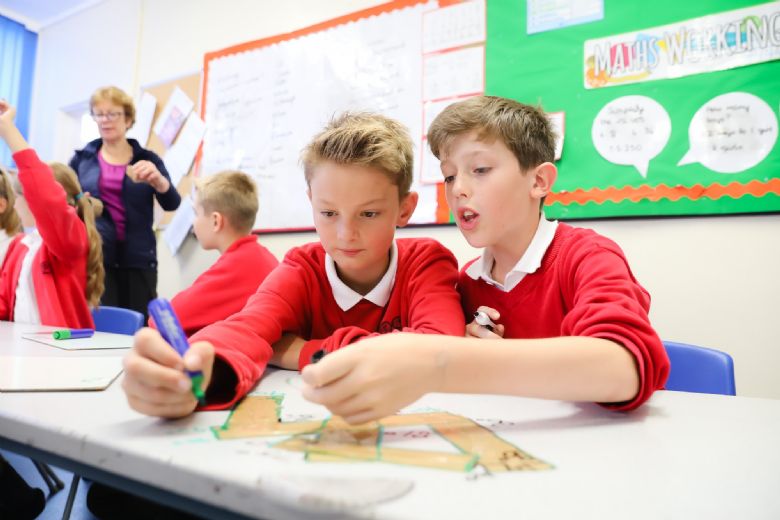Maths
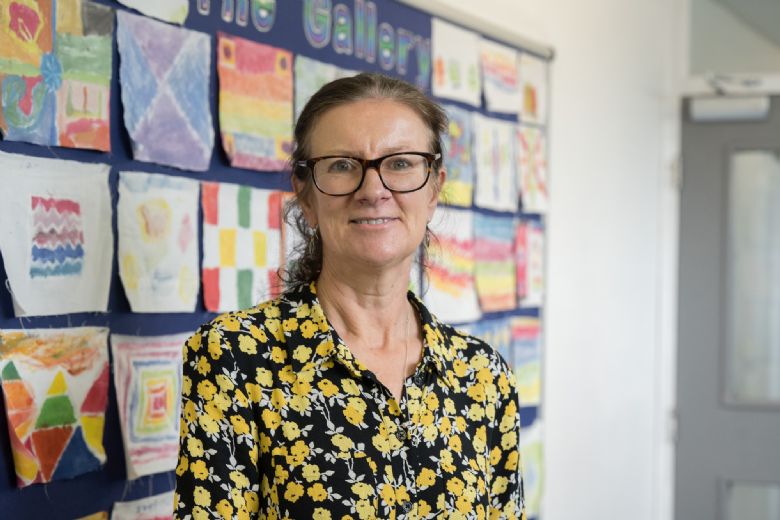
Welcome to Maths:
Subject Coordinator: Mrs Laws
Contact: vanessa.laws@bramhopeprimaryschool.co.uk
We want pupils to be confident and secure mathematicians and to gain the knowledge that will prepare them for the next stage of their education.
At Bramhope Primary School, our mathematical sequences of learning aim to develop fluent understanding, reasoning and problem-solving proficiency alongside collaboration and resilience.
Our sequences of learning are underpinned by three strands:
Children become fluent in the fundamentals of mathematics, through varied and frequent practice with increasingly complex problems over time, so that they develop conceptual understanding and the ability to recall and apply knowledge, rapidly and accurately.
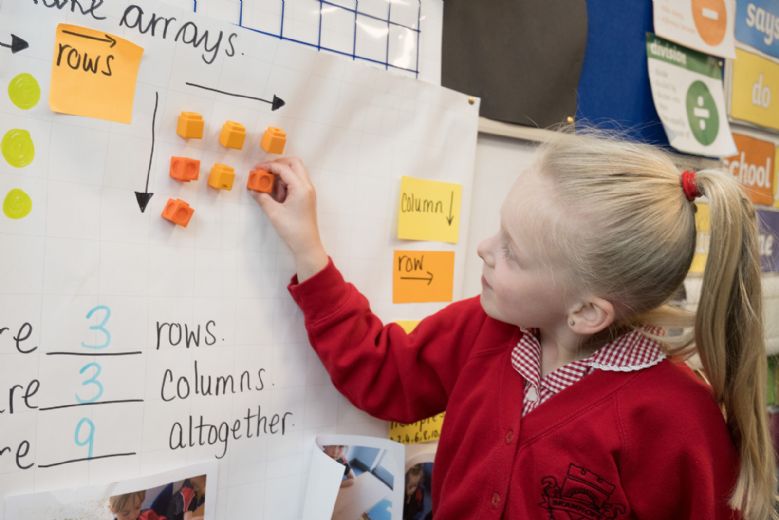 Children learn to reason mathematically by following a line of enquiry, conjecturing relationships and generalisations, and developing an argument, justification or proof using mathematical language.
Children learn to reason mathematically by following a line of enquiry, conjecturing relationships and generalisations, and developing an argument, justification or proof using mathematical language.
Children learn to solve problems by applying their mathematics to a variety of routine and non-routine problems with increasing sophistication, including breaking down problems into a series of simpler steps and persevering in seeking solutions.
What makes maths different at Bramhope?
Maths at Bramhope reflects our whole school vision and school motto. For example:
Belong:
- Can you work collaboratively to solve a maths problem?
- Can you explain your answer to someone else?
Be Your Best:
- Can you challenge yourself to beat your times tables score?
- Do you keep going even when you are finding it difficult?
- Can you work independently?
Be Bramhope:
- Can you find more than one way?
- Can you earn a bronze certificate on Mathletics?
The Maths curriculum has been designed to include the rehearsal of core facts, methods and strategies that can be used to complete exercises and solve problems. There are also daily opportunities for explaining, justifying and proving concepts using informal and diagrammatic methods. Teaching and learning is based on the White Rose Maths scheme of work. However, this is adapted to meet the needs of pupils. We also use resources such as the NCETM and Nrich.
In reasoning, we encourage all pupils to deepen their understanding and challenge their findings.
This is through:
- Representing - analysing, recording, doing, checking and confirming.
- Enquiring – planning, deciding, organising, interpreting and justifying.
- Reasoning – creating, deducing, applying, exploring, predicting, hypothesising and testing.
Communicating – explaining methods and solutions, choices and decisions.
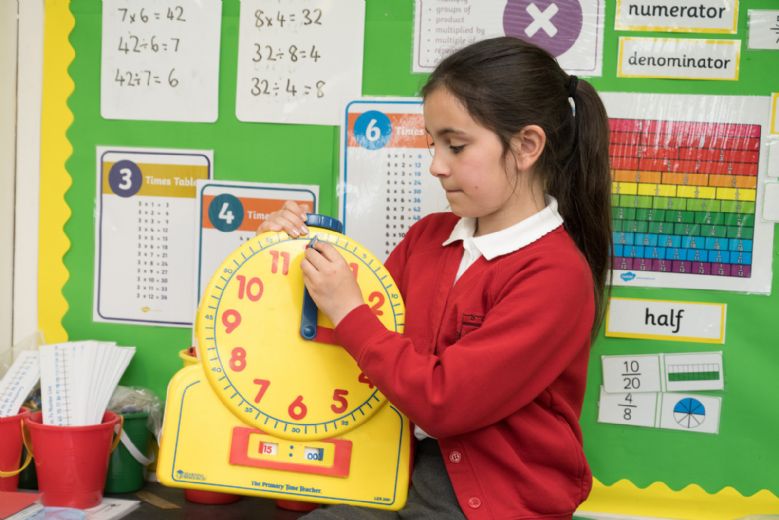
What are lessons like?
Each Maths lesson begins in the same way with a focused ‘5 A Day’ of maths questions. This revisits arithmetic knowledge from last week, last month or last year. Previous vocabulary is then recapped, followed by a discussion about what we know already that is going to help us with today’s learning. This ensures that pupils build on prior knowledge to support new learning.
Pupils learn through the mastery approach which:
- supports deep learning by providing rich experience rather than superficial contact
- provides the necessary consolidation (in familiar and unfamiliar situations) to embed and sustain learning
- focuses on conceptual relationships and make connections between ideas
- supports pupils’ abilities to reason, generalise and question
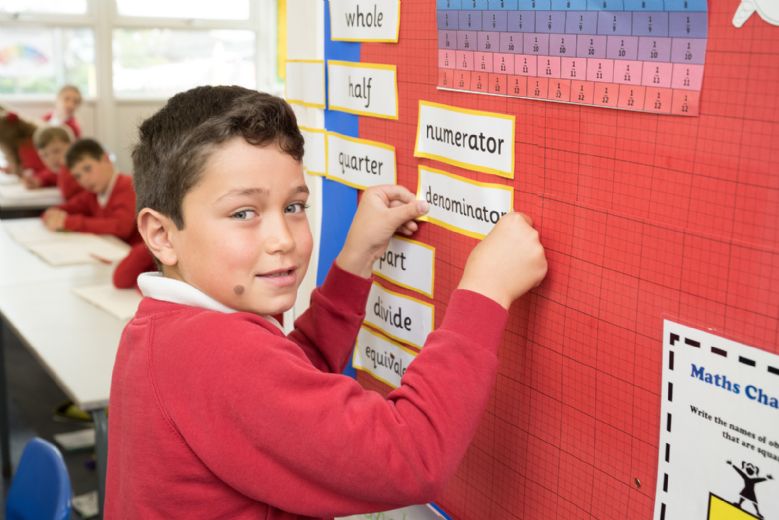
What do we mean by progress?
Our progression map shows key concepts for each year group and the long-term plans demonstrate which concepts are taught and in what order. Although we follow the small steps of White Rose, we adapt it to suit the needs of our pupils. We also use resources such as the NCETM and Nrich. We also practise times tables through Times Table Rockstars at home and at school. Our homework is set through Mathletics.
The teaching of linked facts and methods is sequenced to take advantage of the way that knowing facts (fluency) helps pupils to learn methods and vice versa. Sequences of learning allow pupils to access their familiarity with the facts and methods they need, in order to learn strategies for solving problems.
For example, if they know 3 x 4 = 12, what else do they know? Or we use sequenced questions so that pupils are guided to build on what they know.
3 x 4 = 3 x 40 = 3 x 400 =
1200 ÷ 3 = 120 ÷ 3 = 12 ÷ 3 =
What do we mean by assessment?
Assessment in Maths is carried out in three ways:
Formative
Each lesson, teachers make informal assessments using a range of activities such as questioning, marking and identifying misconceptions.
Summative
Every term, pupils from Y1-6 take part in NFER assessments which focus on arithmetic and reasoning. The results are shared at pupil progress meetings. Maths interventions are put into place for those pupils who are not meeting the expectations for their age.
Statutory
Statutory assessment in maths takes place at the end of each Key Stage every May.
The EYFS profile against the Early Learning Goals takes place in June.
Multiplication checks are carried out every term in Y2-Y6 and recorded on reports to parents. The Y4 multiplication check takes place in June.
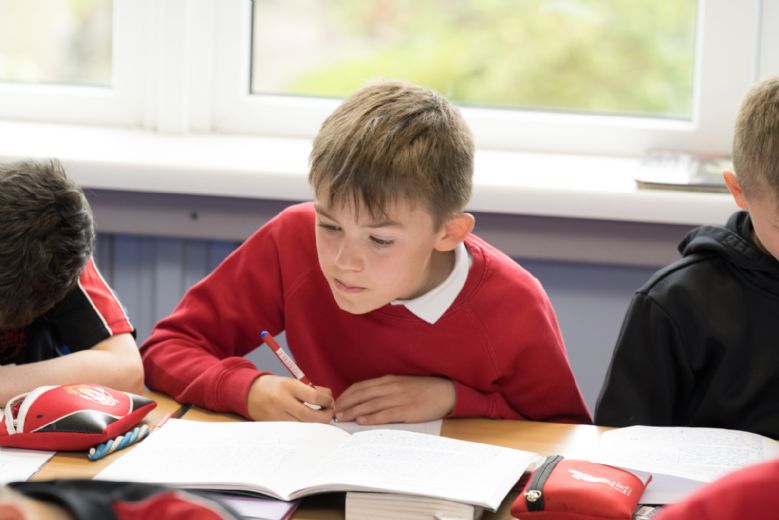
Curriculum Documents & useful links
